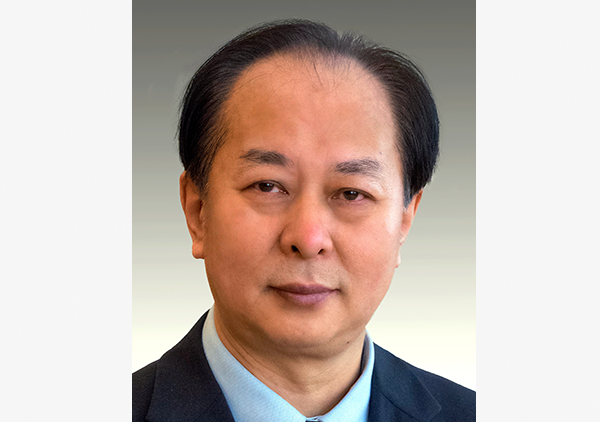 |
|
Zhang Xiaogang, president of International Organization for Standardization. [Photo provided to China Daily] |
Chinese enterprises should make more efforts to participate in international cooperation in standards to promote their overseas development, said Zhang Xiaogang, president of International Organization for Standardization (ISO).
"Chinese enterprises should pay more importance to international standards and increase awareness in participating in international standardization affairs," Zhang said in an exclusive interview with China Daily ahead of the 39th ISO General Assembly. "They should increase their familiarity of the rules on the formulation of international standards."
The 39th ISO General Assembly will open on Monday in Beijing, and delegates from all of the ISO's 163 members are expected to attend the meeting. This is the second time that the general assembly of the world's biggest organization for standardization has been held in China.
"The meeting will expedite China's participation in international standardization affairs, and play a role beyond measure in facilitating integration between China and the international community in economy, trade, science and technology, and other fields," Zhang said. "It will also greatly contribute to China's economic upgrade."
The technical standards, such as those for measurements and units, and industrial standards issued by the ISO have been widely adopted and have had far-reaching influence in global technological and economic development, Zhang said.
Participation into international standardization can help enterprises to master international rules, familiarize themselves with the latest technological development, increase their competitiveness and brings them economic benefits, he said.
China has made remarkable progress in international standardization in recent years. China led in the formulation of 182 international standards between 2001 and 2015. The figure was 13 between 1947, when the ISO was founded, and 2000, Zhang said.
Despite this progress, China still lags far behind developed countries in international standardization. Around 95 percent of international standards are made led by Western countries, he said. Only 0.7 percent of international standards were led by China, and these standards are mainly limited to industries in which China enjoys traditional advantages, such as fireworks, he said.
To reduce the gap, China needs intensified participation in the formulation of international standards, and the government should consider national plans for internationalization of Chinese standards, he said.
Meanwhile, the government should foster an incentive mechanism to encourage enterprises to cooperate with standardization research institutes to promote advantageous technical standards held by enterprises to become international standards, Zhang said.
In addition, enterprises should make more efforts to cultivate employees who excel in foreign languages, master certain fields of technology, and are familiar with the rules of international standards formulation, to improve international cooperation and exchanges in standardization, he said.
Meng Yongye, deputy director of the Center for International Language Service and Management, at the University of International Business and Economics in Beijing, said with more Chinese enterprises investing overseas, more Chinese technologies will also go overseas, and they should aim to internationalize their standards if they want to become world-class enterprises.
Less than 5 percent of Chinese standards have English versions, far below countries such as Japan and Germany.
China will take a series of measures to encourage internationalization of Chinese standards, such as encouraging enterprises and experts in the formulation and revision of international standards, and carry out mutual recognition of standards with China's major trade partners, Tian Shihong, director of China's Standardization Administration, said at a news conference in August.
